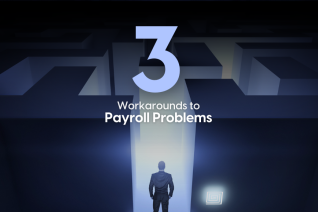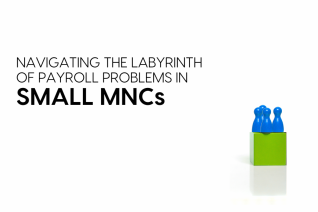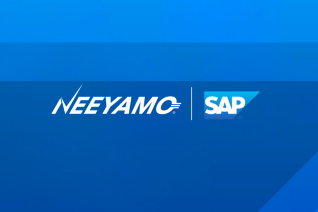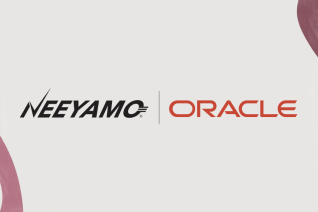Country Spotlight: Employer of Record in France
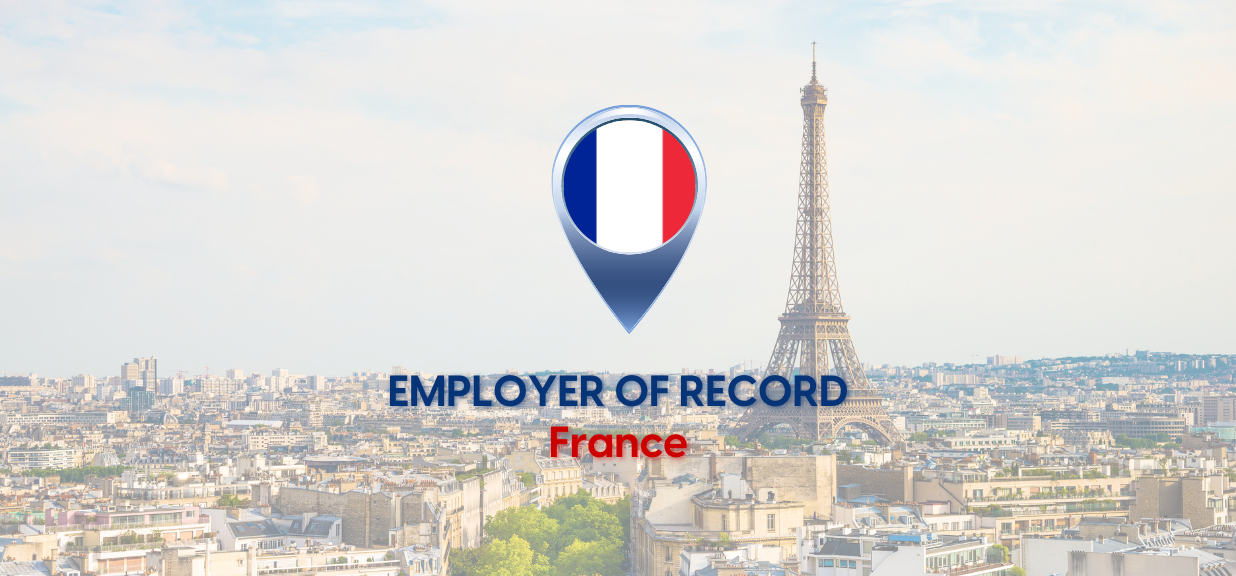
Imagine sitting by the window of an aesthetic café on a rainy day, sipping hot chocolate, and looking at the Eiffel tower. Sounds like a dream vacation?
Turns out, many people think the same, as tourism accounted for as much as 6.5% of France's GDP in 2021. Not only has the "land of love" drawn in tourists, but it has also captured the hearts of digital nomads.
So, it is likely that employees may have the sudden urge to travel to France to work remotely, or organizations can even look to hire baguette lovers. In this case, they must know about the intricacies the country can pose when it comes to employee management without a legal entity.
The key to understanding employment contracts
The ‘Code du Travail’ or the Labor Code is the Holy Grail of all the employment regulations and stipulations in France. Adopted first in 1910, this code has undergone several amendments to accommodate the various changes in employment contracts over the years, with the most recent amendment in 2017.
Hiring in France
To seamlessly hire employees in France, it is crucial to understand Collective Bargaining Agreements (CBA) that are defined.
Also read | Country Spotlight: Employer of Record in UK
What are Collective Bargaining Agreements?
A CBA is a set of agreements that define employment contracts established between employees and employers to negotiate workplace conditions.
These agreements are defined at the national, industry, and company levels.
Issues like minimum wages, health insurance, overtime compensation, probation period, and workplace equality issues are discussed nationally. The terms negotiated for these issues take precedence over the agreements of the industry and company level agreements.
At the industry level, the CBAs define workplace health and safety terms, trade union representation, employment of disabled workers, and high-risk and dangerous work supplements, which still take legal precedence over agreements defined at the company-level.
Company collective agreements define issues like bonuses, paid holidays, notice periods, travel pay, and severance pay.
The CBA is a crucial part of employment contracts in France, and to ensure a hassle-free hiring and subsequent onboarding of employees, it is important that companies are equipped with an efficient employer of record service.
Ensuring compliance in France
Did you know that the European Union has defined labor laws to be implemented throughout the EU region?
This means that France, a part of the EU, must ensure compliance with these laws as well as those defined at the national level; this includes working hours, overtime, temporary work, and so on.
The French laws mandate 35 hours of work per week, and anything beyond that is considered overtime. The overtime compensations are defined in the CBA at a minimum of 110% of the regular wage.
If there is no agreement in place, employees receive compensation of 125% of their regular wage for the first eight hours of overtime and 150% for the subsequent hours.
Know everything else about France | Global Guide: France
Probation and Notice period
The probation and notice periods are defined in the CBA at the industry level or in some cases, at the company level.
Blue-collar employees usually have a probationary period of two months, three months for technicians and supervisors, and four months for management.
Notice periods, on the other hand, can depend on seniority or, in some cases, even occupations. As per the Labor Laws, a month's notice is required for employees leaving within the first six months and two years of service. The notice period is two months for employees after completing two years of service.
Notice periods can also depend on occupations. For example, journalists have a minimum notice period of one month for a service period of up to three years and two months’ notice for above that. These notice periods can be extended as per an employee’s CBA.
Similar criteria are given for traveling salesmen. They have a minimum notice period of one month for one year of service, and so on.
In cases like this, employee management becomes a hassle, as there are several such criteria, some of which are agreement-bound. A streamlined system that will ensure efficiency from onboarding to offboarding would aid companies effectively in their global expansion strategies.
Tackling complexities
It is crucial that organizations looking to expand in France are equipped with an EOR service that can effectively manage onboarding and other employee management operations along with accurate payroll calculation, considering the several mandates and the compliance risks they pose.
Lucky for them, they don’t have to look beyond Neeyamo’s Global Work solution. Integrated with technology-first modules like Onboarding, Compliance, and Offboarding, this Employer of Record solution will ensure a hassle-free experience for employers as well as employees in France.
最新のリソース
最新情報を入手
興味があり、HR、給与計算、EOR の世界に関する知識を渇望している場合は、リソースの購読をお見逃しなく。



